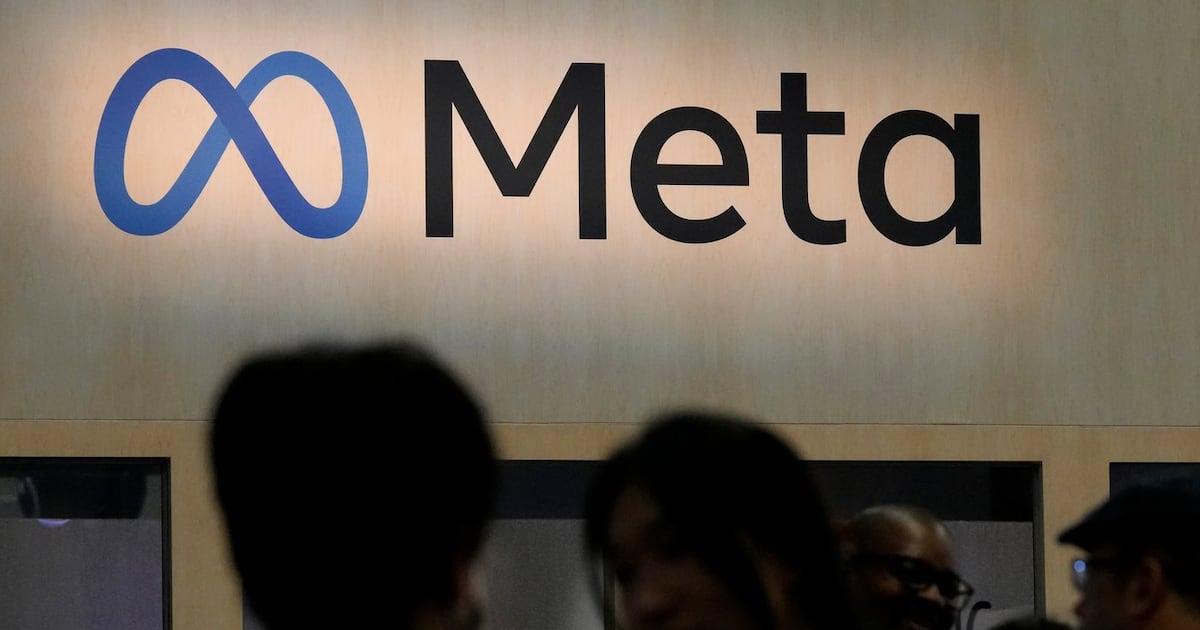Science
Meta Allegedly Suppressed Evidence of Social Media Harms

Meta Platforms, Inc. allegedly ceased internal research that indicated its social media platforms, Facebook and Instagram, could adversely affect users’ mental health. This information comes from unredacted court filings in a class-action lawsuit filed by various school districts in the United States against Meta and other social media companies.
The lawsuit reveals that in a 2020 investigation known as “Project Mercury,” Meta collaborated with the survey firm Nielsen to assess the mental health impact of users deactivating Facebook and Instagram. Internal documents obtained through legal discovery indicate that users who stopped using Facebook for a week reported significant reductions in feelings of depression, anxiety, and loneliness. Despite these findings, Meta reportedly chose not to publish the results, citing concerns that they were influenced by the prevailing negative media narrative surrounding the company.
Internal communications suggest that despite reservations about the validity of the research, staff members, including those close to Nick Clegg, Meta’s former head of global public policy, acknowledged the implications of the findings. One unnamed researcher expressed concern that ignoring negative data was reminiscent of the tobacco industry concealing information about the dangers of smoking.
In stark contrast, Meta publicly claimed it lacked the ability to determine the harmful effects of its platforms on teenage girls when addressing Congress. In a recent statement, Meta spokesperson Andy Stone defended the company’s actions, asserting that the research was halted due to methodological flaws. He emphasized that Meta has made considerable efforts over the past decade to enhance the safety of its products for young users.
Allegations of Concealed Risks
The claims of Meta suppressing evidence of social media-related harm are part of broader allegations presented in a filing from the law firm Motley Rice, which represents the plaintiffs. The lawsuit accuses Meta, along with competitors Google, TikTok, and Snapchat, of intentionally obscuring risks associated with their platforms from users, parents, and educators.
The suit details various ways in which these companies allegedly encourage children under the age of 13 to use their services. Furthermore, it cites failures in addressing content related to child exploitation and attempts to increase teenage engagement with social media during school hours. In a striking example, the filing suggests that TikTok funded the National Parent Teacher Association (PTA) and later boasted about its influence over the organization’s public communications.
The allegations against the other social media platforms are generally less detailed than those directed at Meta. Nonetheless, they reflect a growing concern about the responsibility of these companies in safeguarding young users.
Meta’s Response and Legal Proceedings
In response to the lawsuit, Meta has characterized the accusations as misrepresentations of its safety initiatives. Stone stated that the company has implemented effective safety features and strongly disagrees with the claims made in the lawsuit, describing them as based on selective quotes and uninformed opinions.
The internal documents referenced in the lawsuit remain confidential, as Meta has filed a motion to restrict access to these materials. Stone clarified that the objection pertains to the broad scope of the plaintiffs’ request rather than a blanket refusal to disclose the documents.
A hearing regarding the lawsuit is scheduled for January 26, 2024, in the Northern California District Court. As the case develops, it may significantly influence the dialogue surrounding the accountability of social media platforms for their impact on mental health and user safety.
-

 Politics3 weeks ago
Politics3 weeks agoSecwepemc First Nation Seeks Aboriginal Title Over Kamloops Area
-

 World4 months ago
World4 months agoScientists Unearth Ancient Antarctic Ice to Unlock Climate Secrets
-

 Entertainment5 months ago
Entertainment5 months agoTrump and McCormick to Announce $70 Billion Energy Investments
-

 Lifestyle4 months ago
Lifestyle4 months agoTransLink Launches Food Truck Program to Boost Revenue in Vancouver
-

 Science5 months ago
Science5 months agoFour Astronauts Return to Earth After International Space Station Mission
-

 Technology3 months ago
Technology3 months agoApple Notes Enhances Functionality with Markdown Support in macOS 26
-

 Top Stories2 months ago
Top Stories2 months agoUrgent Update: Fatal Crash on Highway 99 Claims Life of Pitt Meadows Man
-

 Lifestyle3 months ago
Lifestyle3 months agoManitoba’s Burger Champion Shines Again Amid Dining Innovations
-

 Sports5 months ago
Sports5 months agoSearch Underway for Missing Hunter Amid Hokkaido Bear Emergency
-

 Politics4 months ago
Politics4 months agoUkrainian Tennis Star Elina Svitolina Faces Death Threats Online
-

 Politics4 months ago
Politics4 months agoCarney Engages First Nations Leaders at Development Law Summit
-

 Technology5 months ago
Technology5 months agoFrosthaven Launches Early Access on July 31, 2025





















